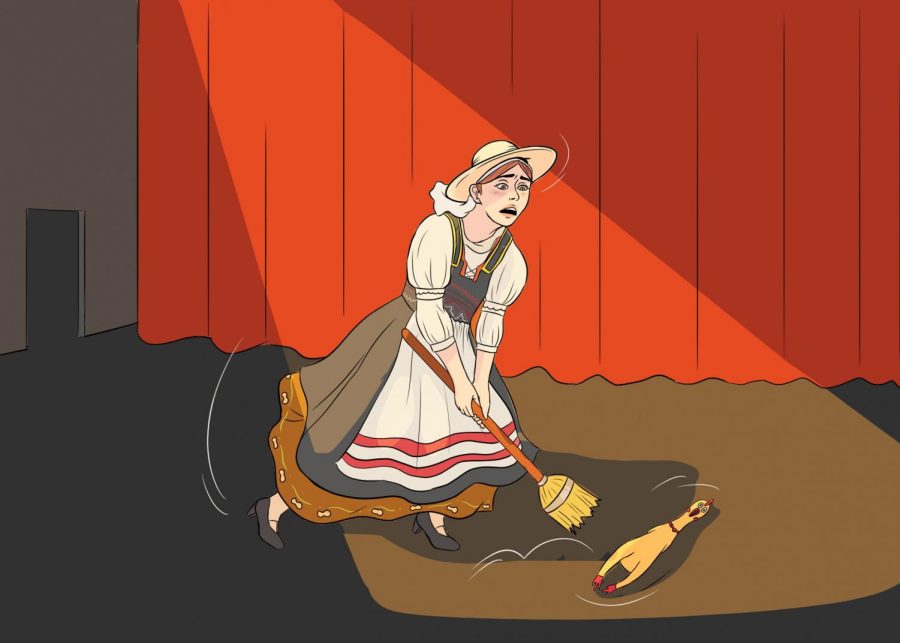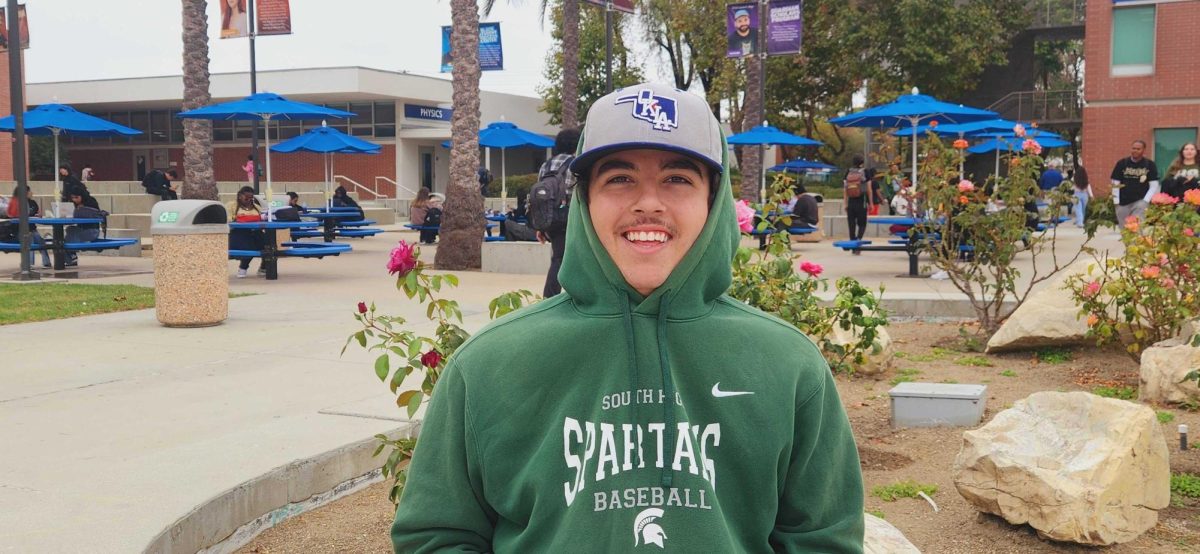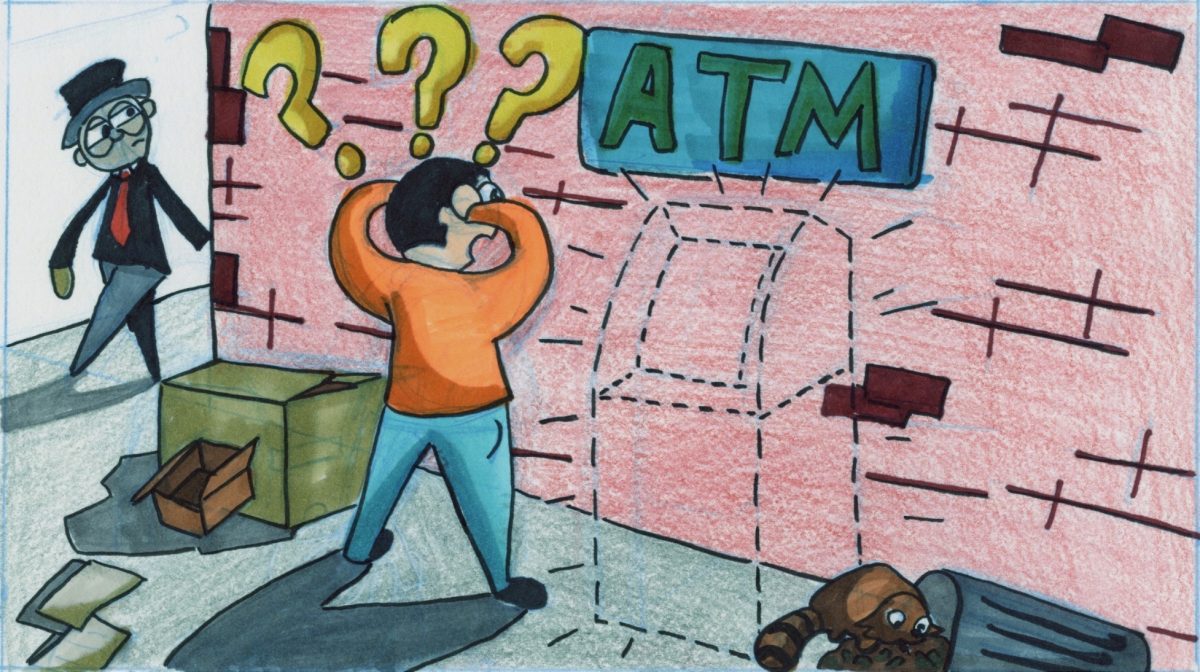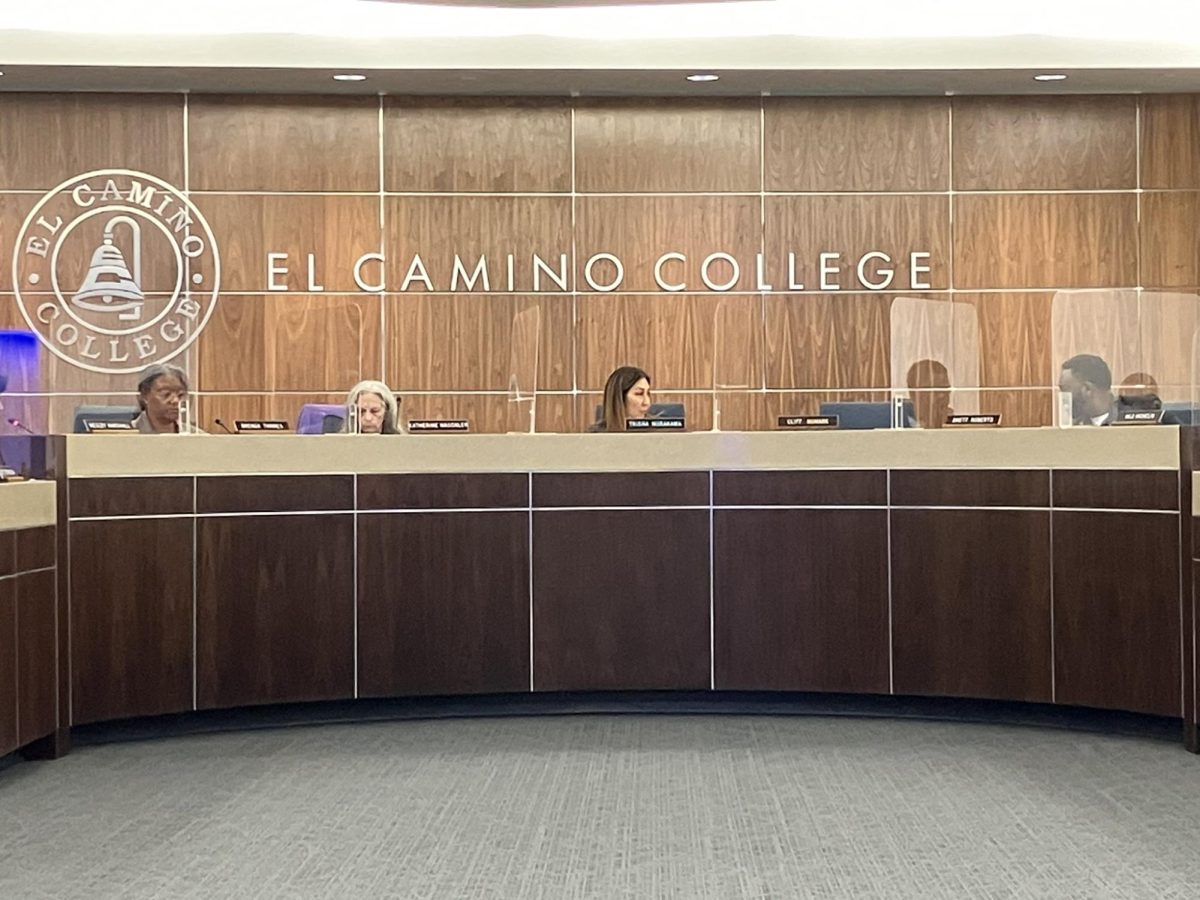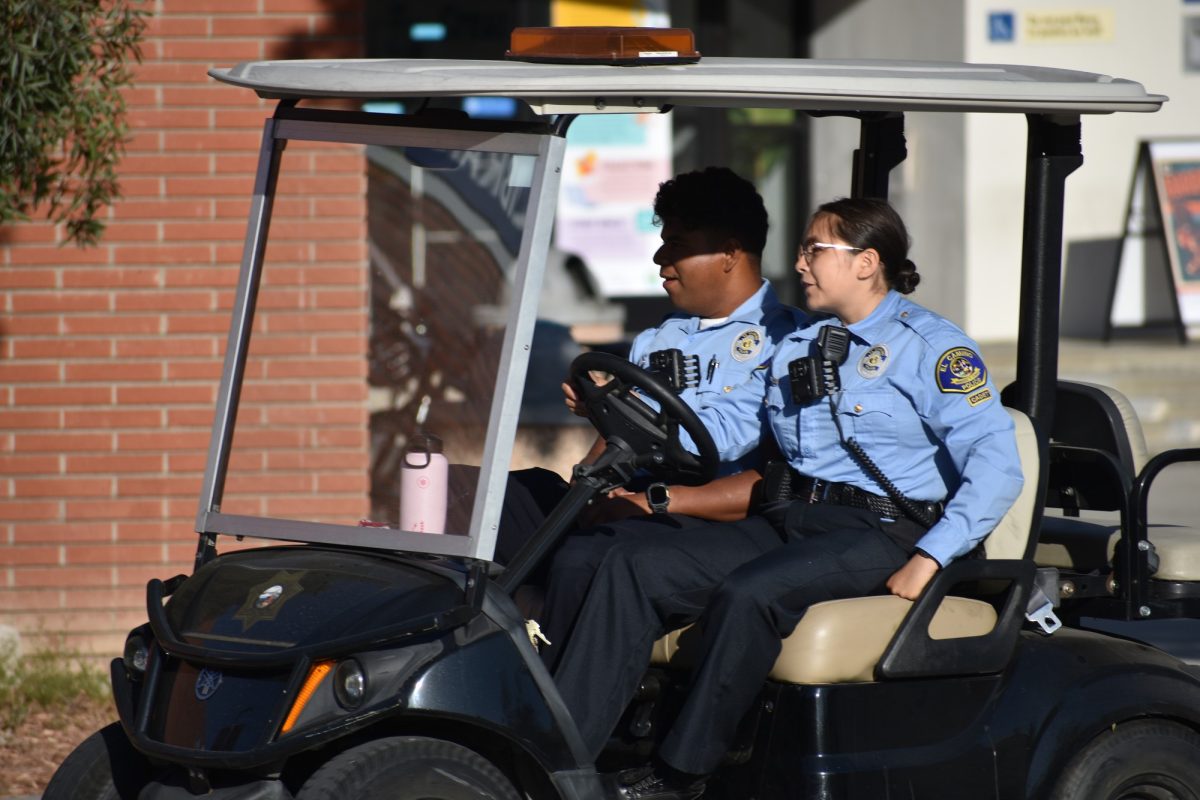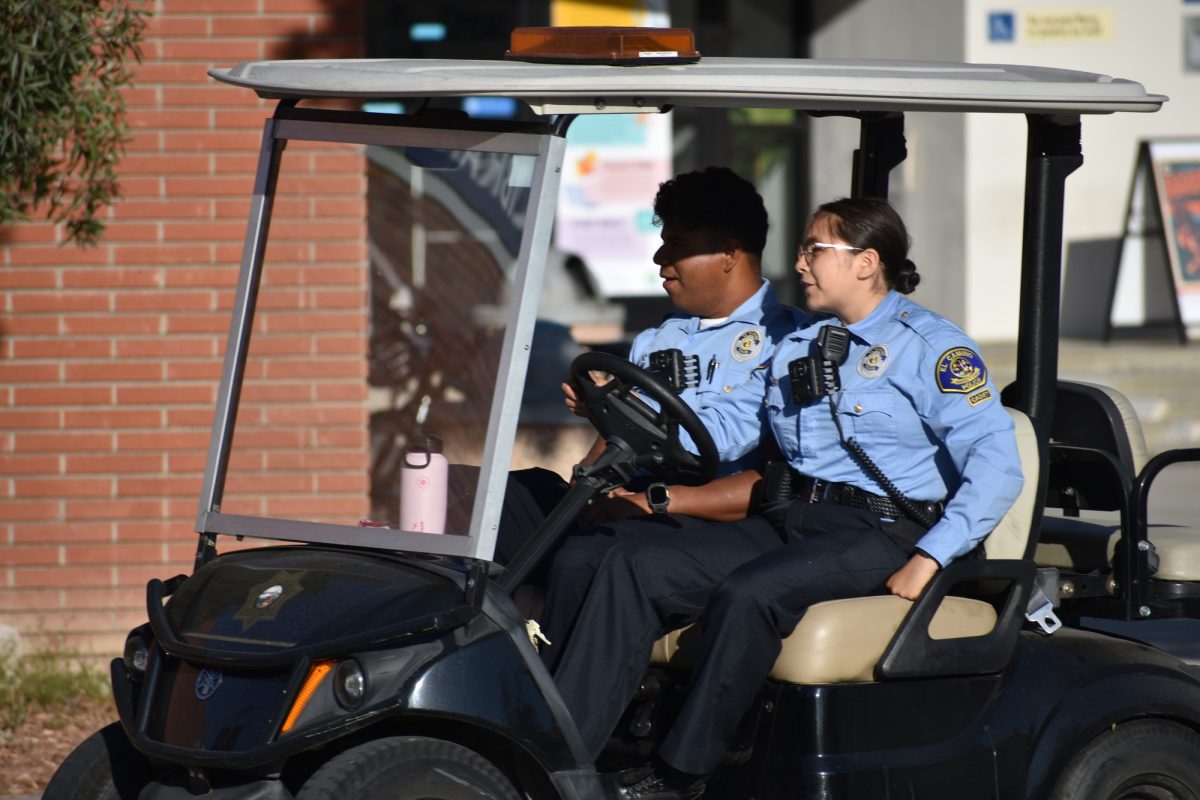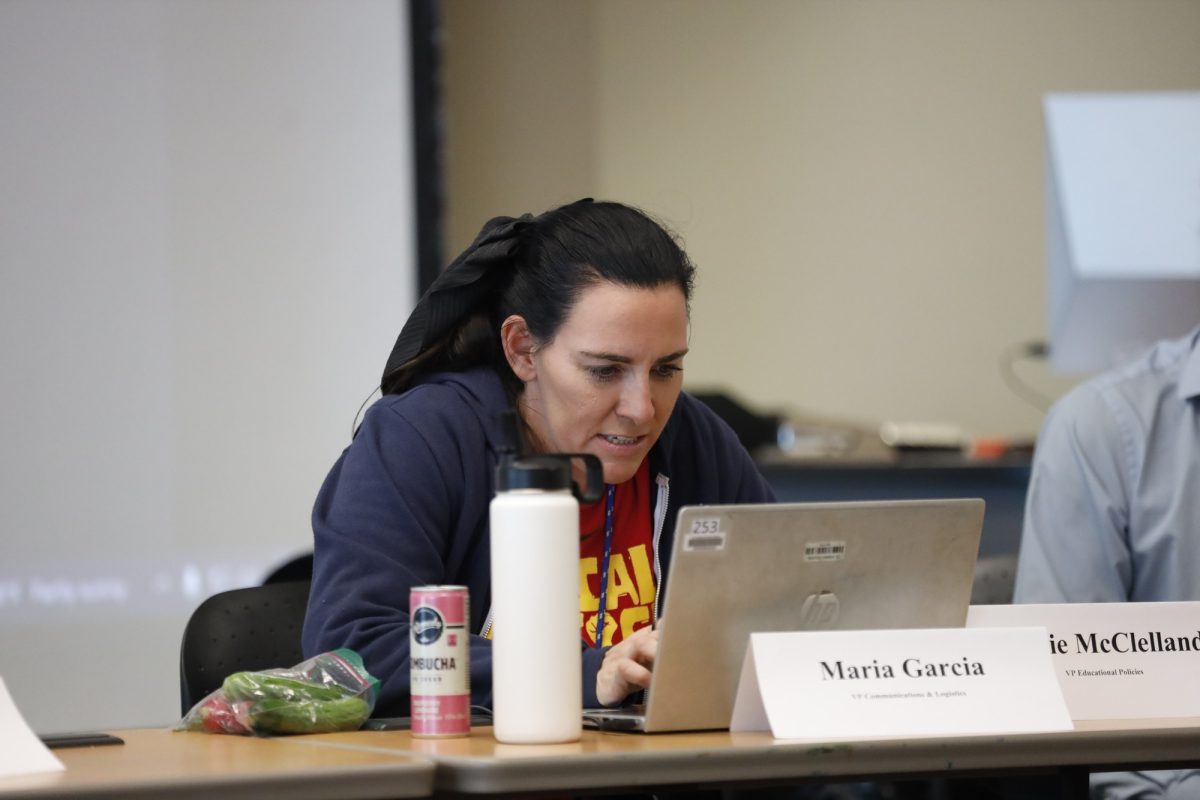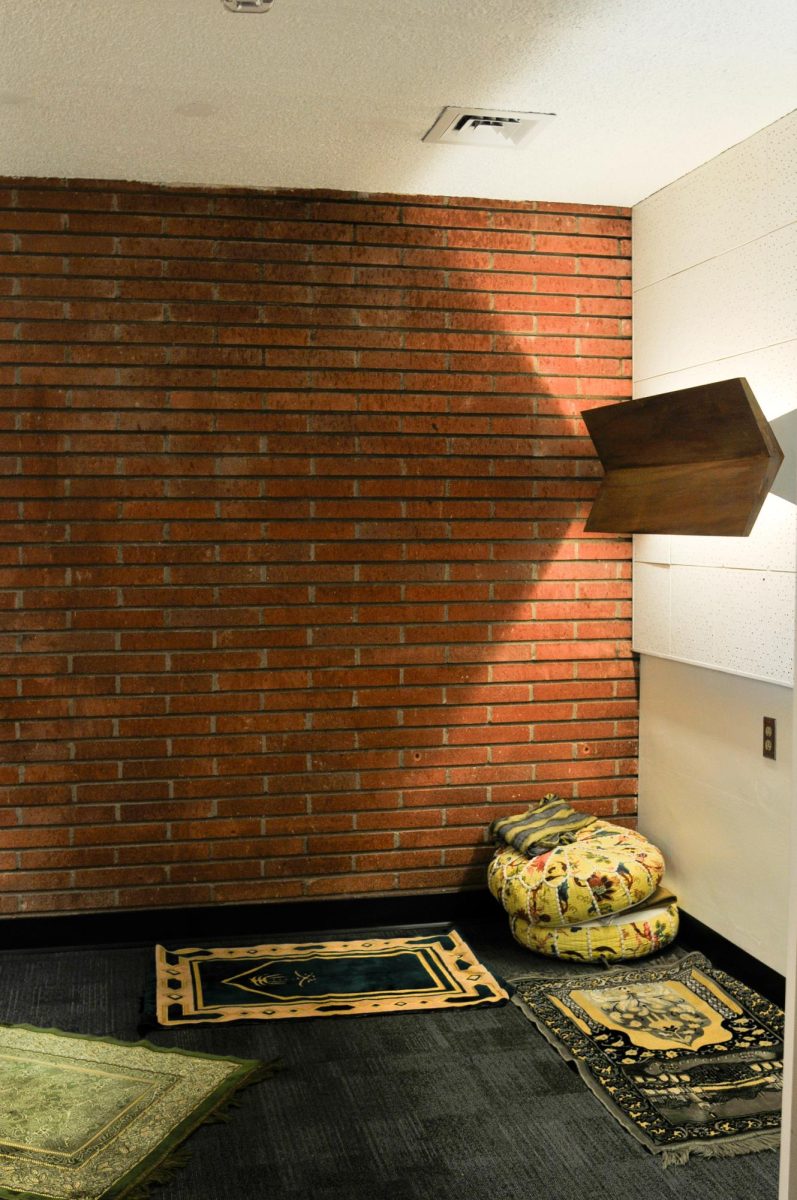I had to get this right.
Otherwise, my throat would start to close up, I’d start vomiting, get hives everywhere, and eventually pass out.
I didn’t even know who to call in an emergency situation like that. Was 911 universal? Or was that an American thing?
I figured it was better to be safe than sorry, so I went over the list again.
“OK, so peanuts are erdnüsse, and walnuts are walnüsse, and peas are erbse…”
I have always had an extensive list of allergies, but I had never dealt with them in a foreign country. But this was my life now.
Since I was 7 years old, I’ve been training to be a ballet dancer and I knew then, ballet was my dream.
I performed the coveted role of Sugar Plum Fairy in one of my schools’ production of “The Nutcracker.” My teacher, Hasmik Amirian, trained me for this role for months. She was like a mother to me and had guided me through my ballet journey in West Los Angeles since I was 11.
After my debut performance, my teacher pulled me aside with tears in her eyes and said it was time for me to go. She said for the next step in my journey as a dancer, I need to continue my training in Europe, even if that meant leaving her.
It was hard to accept that my time with her wasn’t going to last forever. But as hard as it was to leave, I knew I had to go. She was right.
It wasn’t up for debate because this would take me one step closer to achieving my dreams, and that’s what mattered to me most. When I was 16, I moved to Hamburg, Germany to pursue my dream of becoming a professional ballet dancer.
After auditioning for schools in London, Amsterdam and Hamburg, I was accepted into The School of the Hamburg Ballet.
Within 48 hours, I went from eating home-cooked meals with my family in the sunny South Bay to Google translating my allergies so I could buy food that hopefully wouldn’t kill me.
I lived in a little apartment with a roommate. And I mean little, we shared a mini-fridge between us. But among our friends, we were considered “the lucky ones” because we had a toaster oven.
My move to Germany encompassed more than just physically living there. I had to set up my life there completely. This meant setting up a bank account, phone plan, health insurance and more — all in another language.
While Google translate had become my new best friend, the cultural differences extended beyond language.
I was walking home on a Saturday night. My legs were exhausted from training all week, and all I could think about was going to bed.
Then I remembered that I needed to get groceries.
“It can wait till tomorrow,” I thought.
The next morning, I arrived at the store and realized their door wouldn’t open. I peered inside. The lights were off. I look around the streets and realize it’s a ghost town. Then I remember.
All the shops are closed on Sunday. No errands. No commerce. Nothing.
Germans value having time for rest, so they have strict work hours. Coming from the thriving hustle culture of LA , I was shocked.
Eventually, I assimilated into the German way of life. All shopping and errands were done during the week, while rest was saved for Sunday. Well, sort of. There were still laundry and chores.
I was excited about the new adventure and the thrill of having a new city to explore. However, the newfound independence was scary when I’d realize I really was on my own.
One day, when I was running some errands in the city, I got a text from my roommate saying that I couldn’t come back to the apartment. Perplexed, I started typing.
“Ping.” The next text rolled in, and my heart stopped.
They found a World War II bomb buried beneath the shopping center across the street from my apartment complex.
My head spun as my roommate filled me in on the details. Thankfully, she was evacuated and put out of harm’s way.
How dangerous is it? When could I go home? What were they going to do? I quickly learned that while this was serious, it was a pretty common occurrence.
According to an article from the Smithsonian magazine, “more than 2,000 tons of unexploded munitions are uncovered on German soil every year.”
What felt like armageddon to me was a typical Tuesday for Germans.
The end of my momentous two-year stay in Germany ended on a high note. I was chosen from a select handful of students to perform in “Don Quixote” with the Hamburg Ballet. Finally, I was achieving my dreams.
I was crossing the threshold from being a student to a professional. Years and years of training and dedication all coming together for this very moment.
My role was simple. I was to run around the stage, chasing a rubber chicken with a broom.
After all of the blood, sweat and tears, I couldn’t help but chuckle that this is what it amounted to. But dreams don’t typically come true if they aren’t everything and nothing like you imagined.
My time in Germany to get to that performance came at a cost. I only got to see my family twice a year and it was hard to go through the ups and downs of life without them.
In the end, it was the little things I noticed the most. It was walking around the mall but only hearing people speak German, or going to the bookstore but only seeing German books or the ambulance sirens ringing to a different tune.
I missed hearing the comforting sound of American-accent English, and I would play American TV shows in the background when I would do my chores and cook.
While I missed the comforting sounds of home, I enjoyed the opportunity to embrace a new culture. I learned to make sauerkraut and tried every kind of German mustard I could find.
Being in a completely foreign environment taught me to be comfortable with the uncomfortable. And sometimes, to chase your dreams, you have to take a leap of faith into the unknown.



